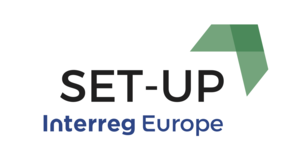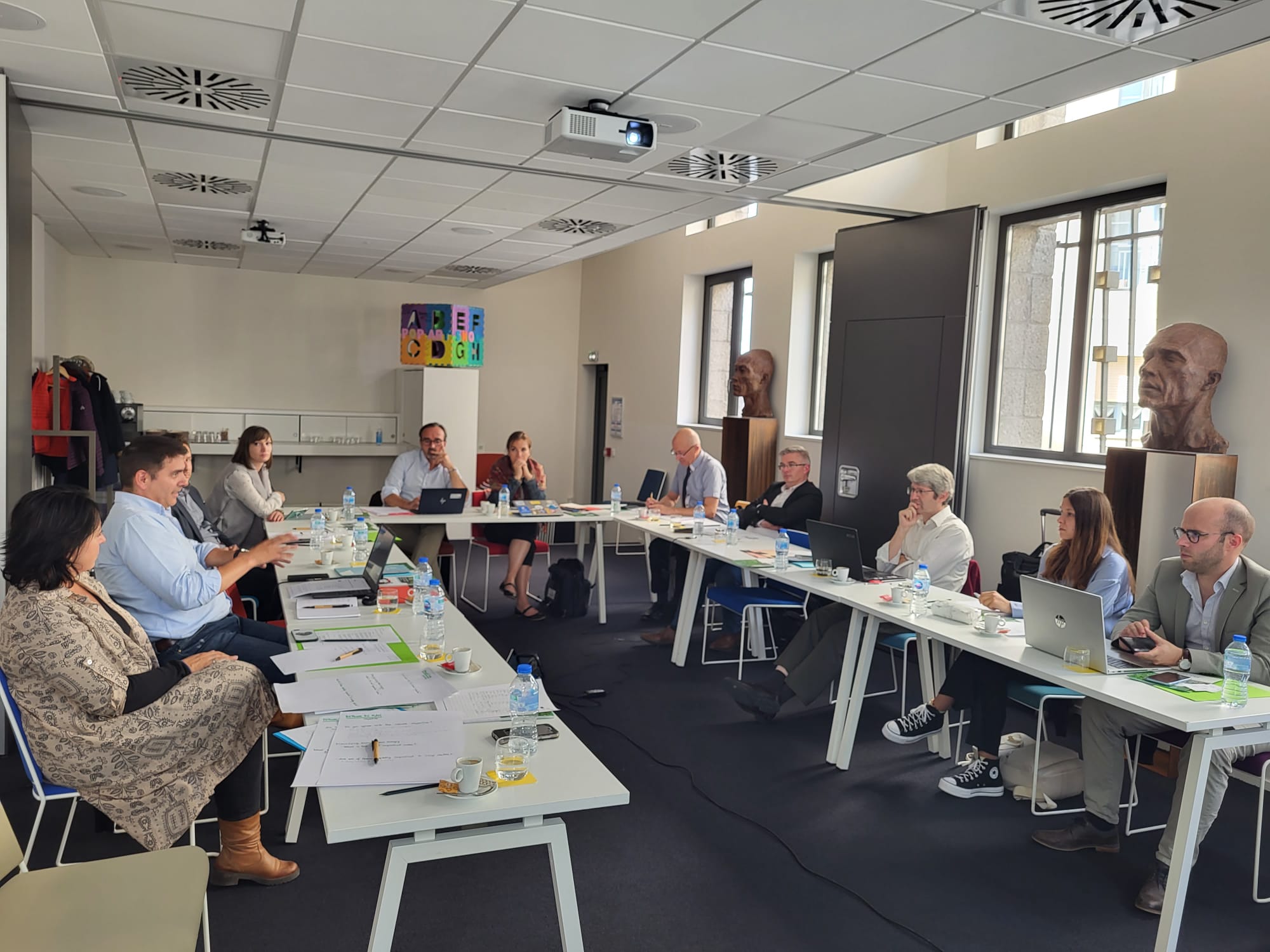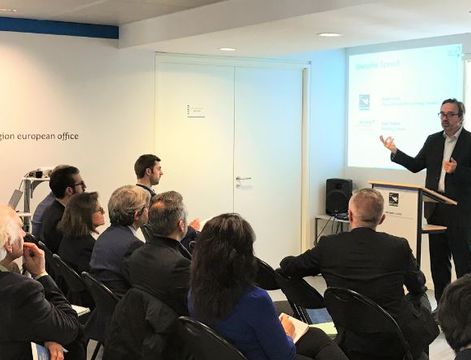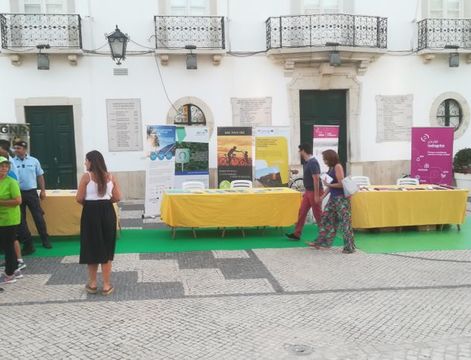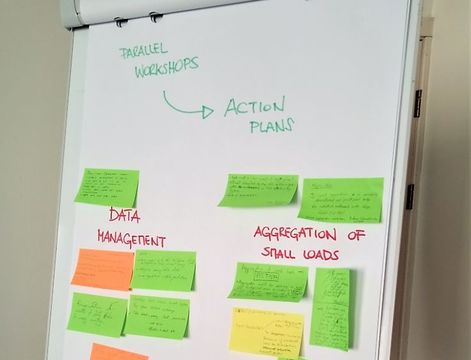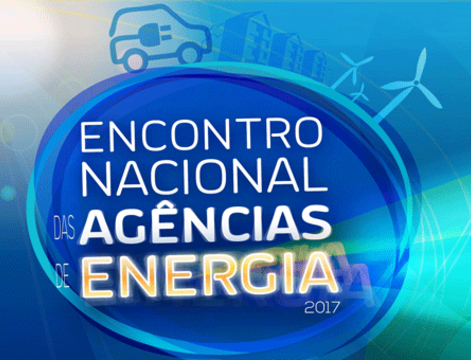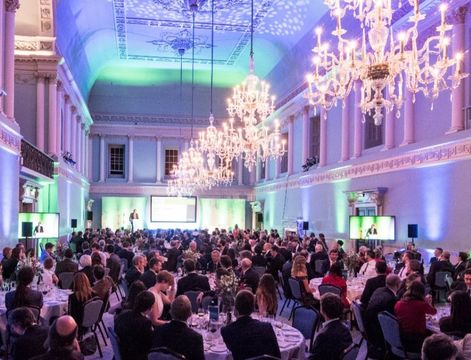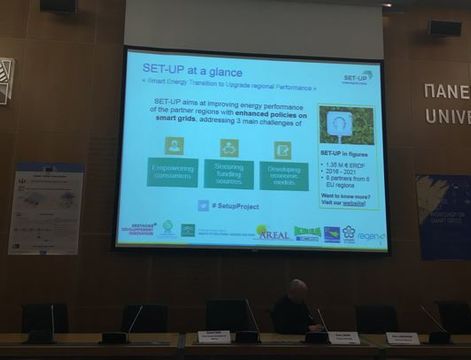The 3rd SET-UP Interregional Learning Event took place in Paks (HU) on 4th and 5th July. During this 2-day meeting, exchange activities, interregional workshop and several study visits have been organised to discuss the role of consumers in the energy transition and smart grid development process.

Day 1, fully dedicated to exchange activities, started with the welcome speech of Mr. Péter SZABÓ, vice-mayor of the Municipality of Paks, who highlighted the importance of the SET-UP project for the territories of Tolna County and Paks. Indeed, the town has a strategic role in the national electric energy production in Hungary and has launched several smart metering initiatives.
The Municipality of Paks Paks hosts the first and only operating nuclear power plant in Hungary, producing 40% of the annual national electric energy consumption. |
Thank to tailored participative exercises, partners and stakeholders then worked together on the analysis of emerging business models related to smart grids, such as self-consumption, following the business model canvas methodology. This enabled them to identify the key areas in which public authorities can provide support and have a positive impact on business models.
On day 2, an interregional workshop enabled participants to share good practices and views on energy consumer engagement. A representative of the Ministry of National Development, Zoltan Baros, provided an overview of the current energy policy in Hungary, while regional stakeholders (Central Smart Metering Ltd., Energetics Vocational School and College) presented several interesting projects and initiatives focused on smart metering. Examples of effective and low-cost demand-side management techniques experimented both in Hungary and in other regions in central Europe were presented as a main outcome of the TOGETHER project, which involves the Municipality of Paks as a partner. An introduction to the SOLENN and TOW projects, both carried out in Bretagne (FR), showed the importance to support consumers in the management of their electricity consumption.
Partners had also the opportunity to visit public institutions where smart meters were rolled-out in the framework of the TOGETHER project, the Energetics Vocational School and the Nuclear Energy Museum at the Paks Nuclear Power Plant.
The next SET-UP interregional event will be held in Algarve (PT) on 18th and 19th of October.
